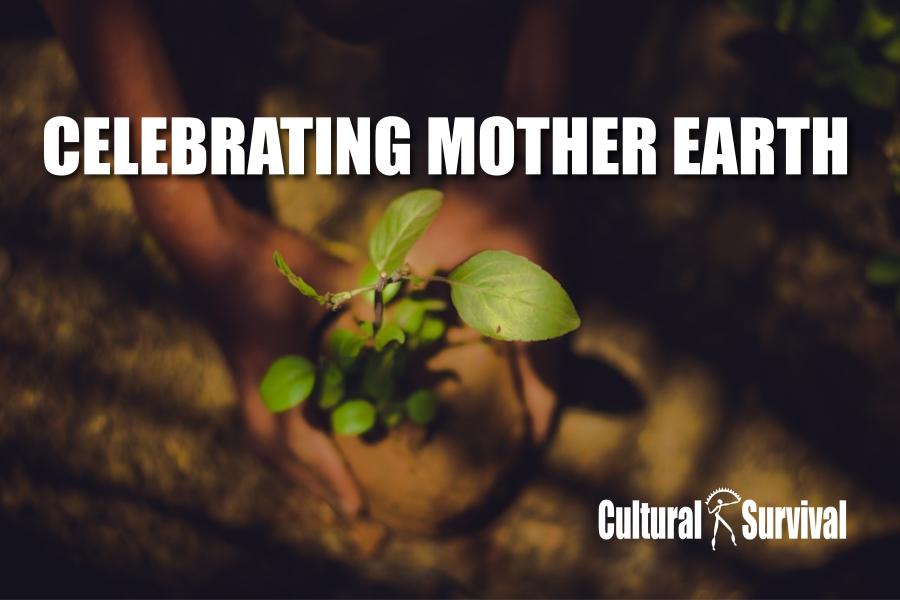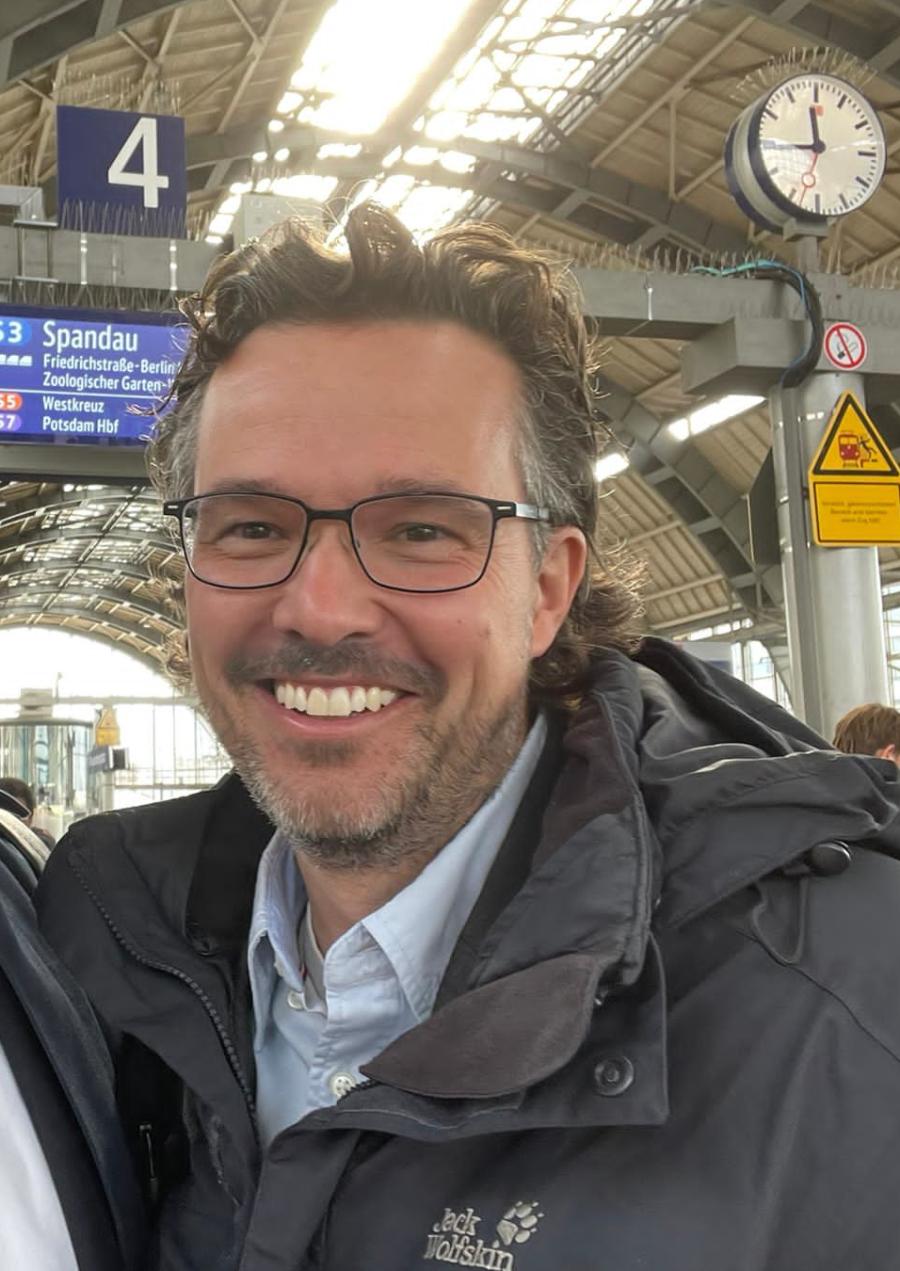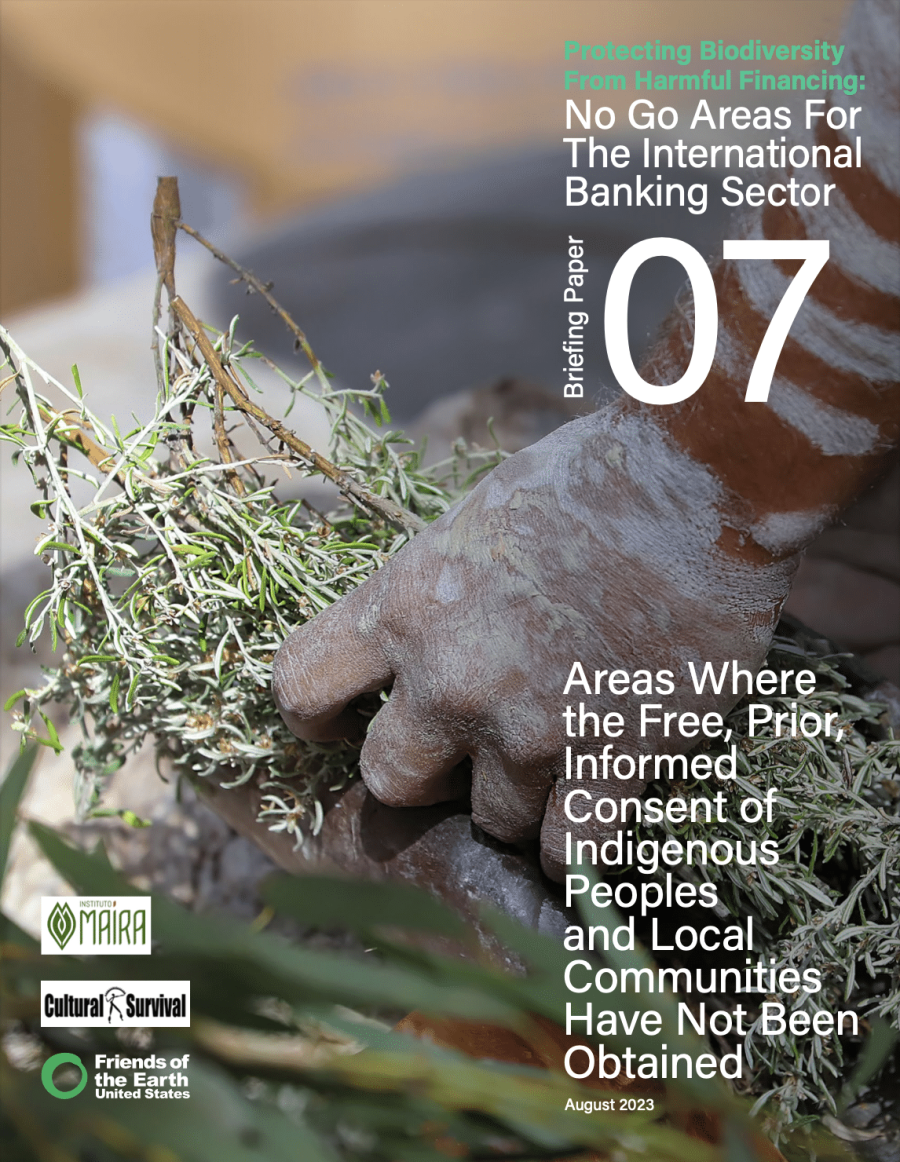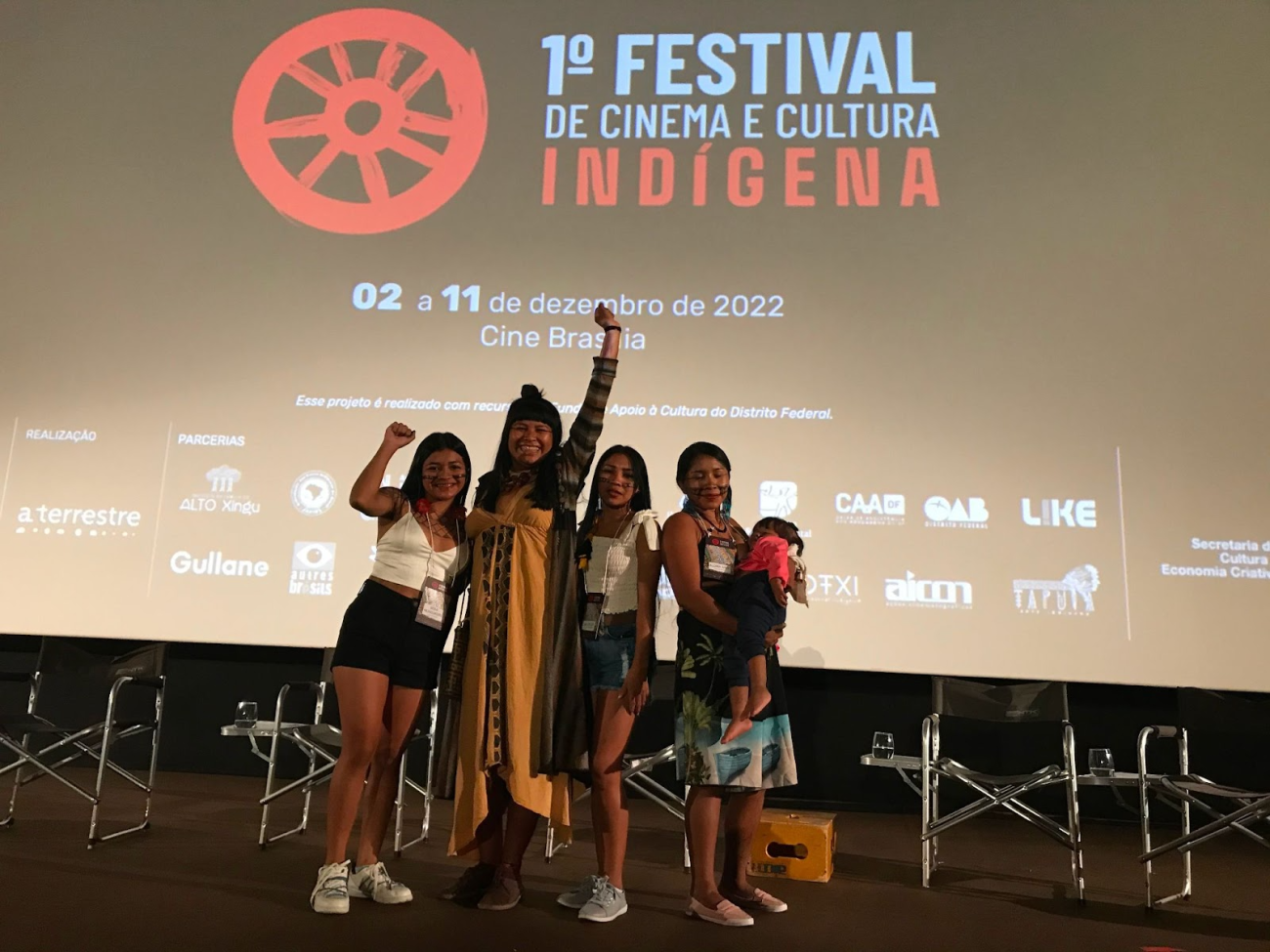
According to the Biological Assessment and Ecosystem Services Report, conducted by UNESCO in 2019, "the main global drivers of biodiversity loss are climate change, invasive species, overexploitation of natural resources, pollution and urbanization."
This information reveals that the great loss of biological diversity occurs due to the incidence of human activity and the excessive abuse of natural resources. In December 2000, the United Nations established May 22 as the International Day for Biological Diversity to commemorate the efforts made and to promote more initiatives around the world for the protection of biological diversity.
The Convention on Biological Diversity, adopted in 1992, recognizes the importance of community activities and the promotion of conservation by Indigenous Peoples all over the world. Indigenous Peoples steward around a quarter of the Earth’s surface, which contains 80 percent of the world’s remaining biodiversity.
Cultural Survival is committed to promoting the defense of territories and natural resources of Indigenous communities. We encourage young people who, through their efforts, are working to create positive changes in their environments and spaces. Cultural Survival’s Indigenous Youth Fellowship Program supports Indigenous youth to build their skills in defending their territories and strengthening their cultures and languages. Learn about our amazing Fellows and their ongoing projects.
Carina de Souza Moraes (Horopakó Desana) from Brazil
Carina Horopako (Desana) is from the Amazon region of Brazil. In her own words, she believes that "there is still a belief in Brazil that Indigenous people are synonymous with brutality and backwardness." That is why she has developed a project called “Pehkame Mashã,” which seeks to foster a significant change in how Indigenous cultures and diversity are perceived within and outside her community.
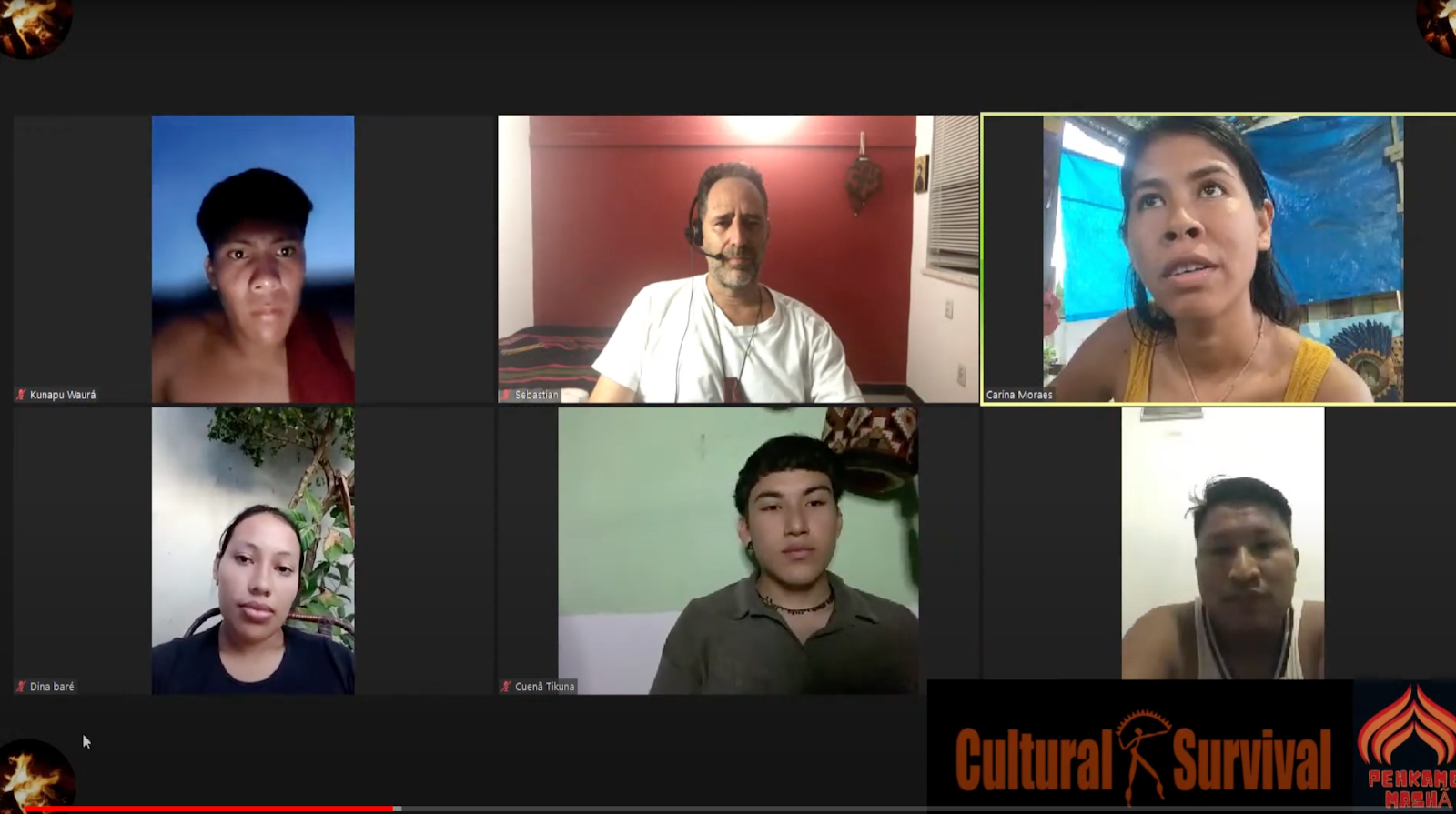
Pehkame Mashã is a virtual campfire project that seeks to encourage reflection among Indigenous youth and get them to talk about various topics focused on multiculturalism, biodiversity, and content creation. This project has had an impact on the lives of mainly young people. There has also been collaboration with children and adults, as well as Elders from their community.
Getting more youth to participate in the virtual bonfires was one of the great challenges Carina faced. However, Carina stresses that quantity was not going to represent quality and emphasizes that the participants who were there frequently gained experiences, shared knowledge, and reflections for the future. Through these talks, Carina seeks to motivate young people to become interested in the protection and stewardship of their territories, their cultural heritage, and to continue fighting, as one of the themes, for the defense of their natural resources.
Each week, the participants were challenged to make one to three-minute videos on a proposed theme and had an artistic-technical challenge address. View a highlight of videos produced by fellow participants here:
Daje Kapap Eypi Audiovisual Collective (Munduruku) from Brazil
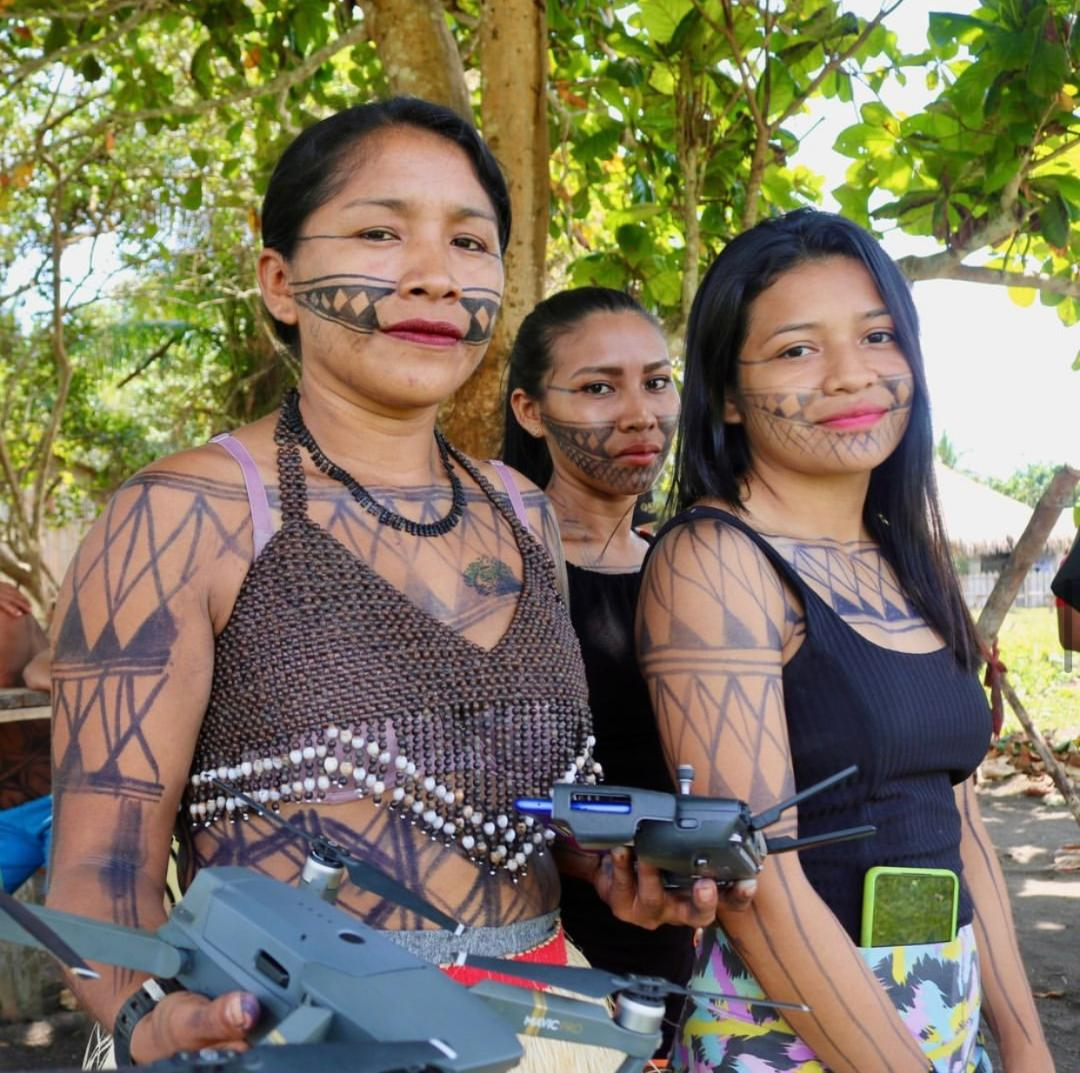
The Daje Kapap Eypi Collective, which means “The Passage of the Pigs,” is named after a sacred site for the Munduruku Peoples. The Collective is composed of Gilmara Akay, 27; Rilcélia Akai, 23; and Beka Saw Munduruku, 19, who are filmmakers and land defenders from the Amazon in Brazil. With the support of Cultural Survival’s Fellowship, they strengthened their project called “Coletivo Audiovisual Daje Kapap Eypi” and focused on highlighting mining abuses occurrng in their territory and uplifting the struggle and strength of the Munduruku women. In their documentary, they show how invaders manage to enter their Indigenous territory with mining equipment and infrastructure without being bothered by government authorities. The film explores the consequences of mercury contamination on the Tapajo River and shows how it severely affects the health and social life of the Sawré Muybu community.
"We denounce the damage caused to the forests, and the contamination of the once crystalline waters of the Tapajós River, where we and other living beings of the region obtain our sustenance. With this denunciation documentary, we are also told the history of origin of the Mundurukú Peoples and the fundamental role played by the women of this community in the protection of the territory and nature; not only to support the process, but also to educate future generations," the Fellows stated.
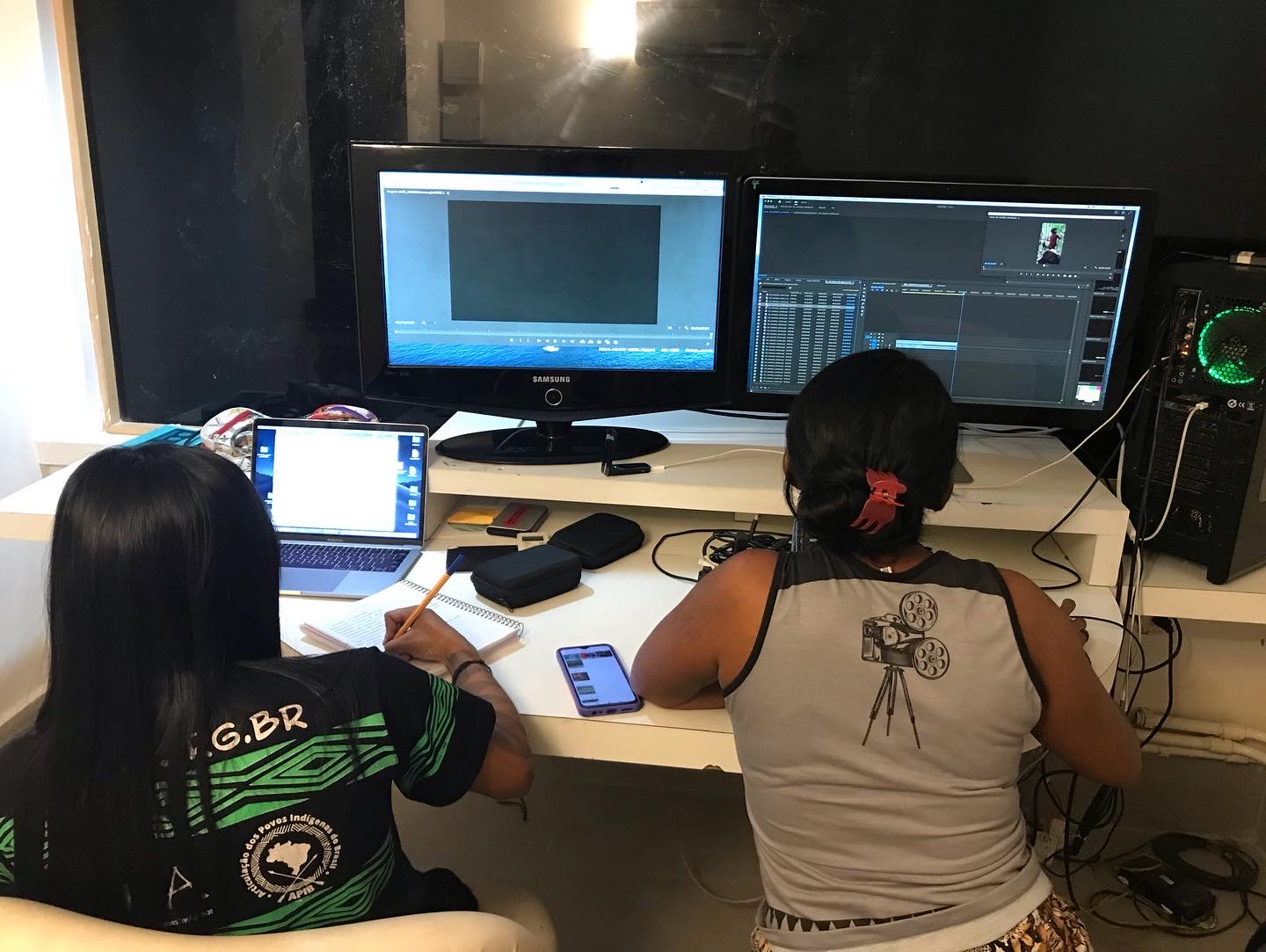
The Fellows learned that to produce quality content a network of supporters and partners with whom they have built relationships during the Fellowship project is needed. The Collective was invited to the premiere of the Amazônia Film Festival, Nova Minamata, where they presented their documentary and shared about the struggle of the Munduruk Peoples. This was important in reaching greater visibility on a national platform. In addition, Fellows participated in a national youth meeting in Brazil and at the General Assembly of the Munduruku Peoples to share their work and contributions to their communities.
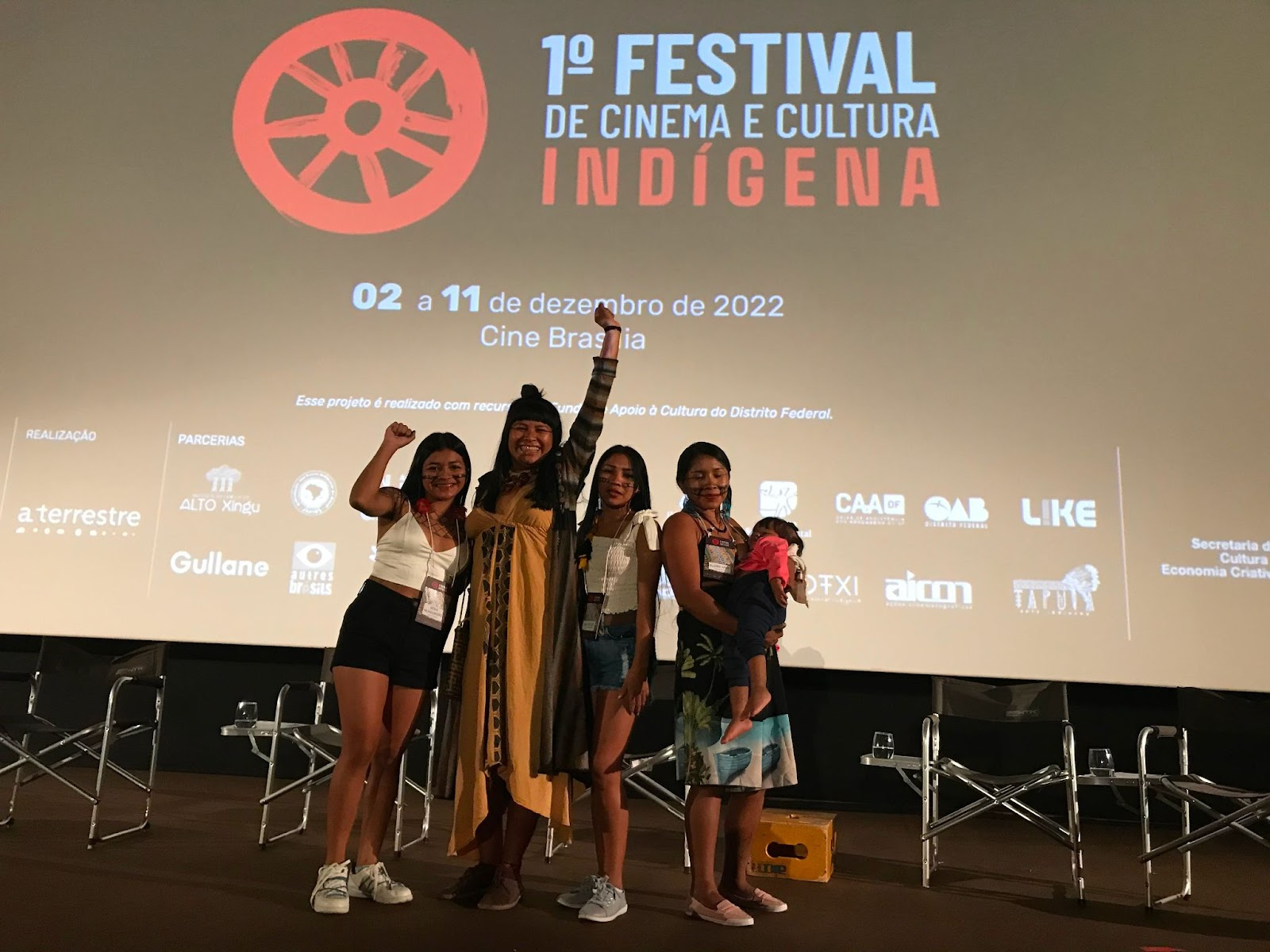
Video documentary link: https://www.youtube.com/watch?v=9ntElGL5dOc
Inamatí Xâne Terenoe Collective (Terena) from Brazil
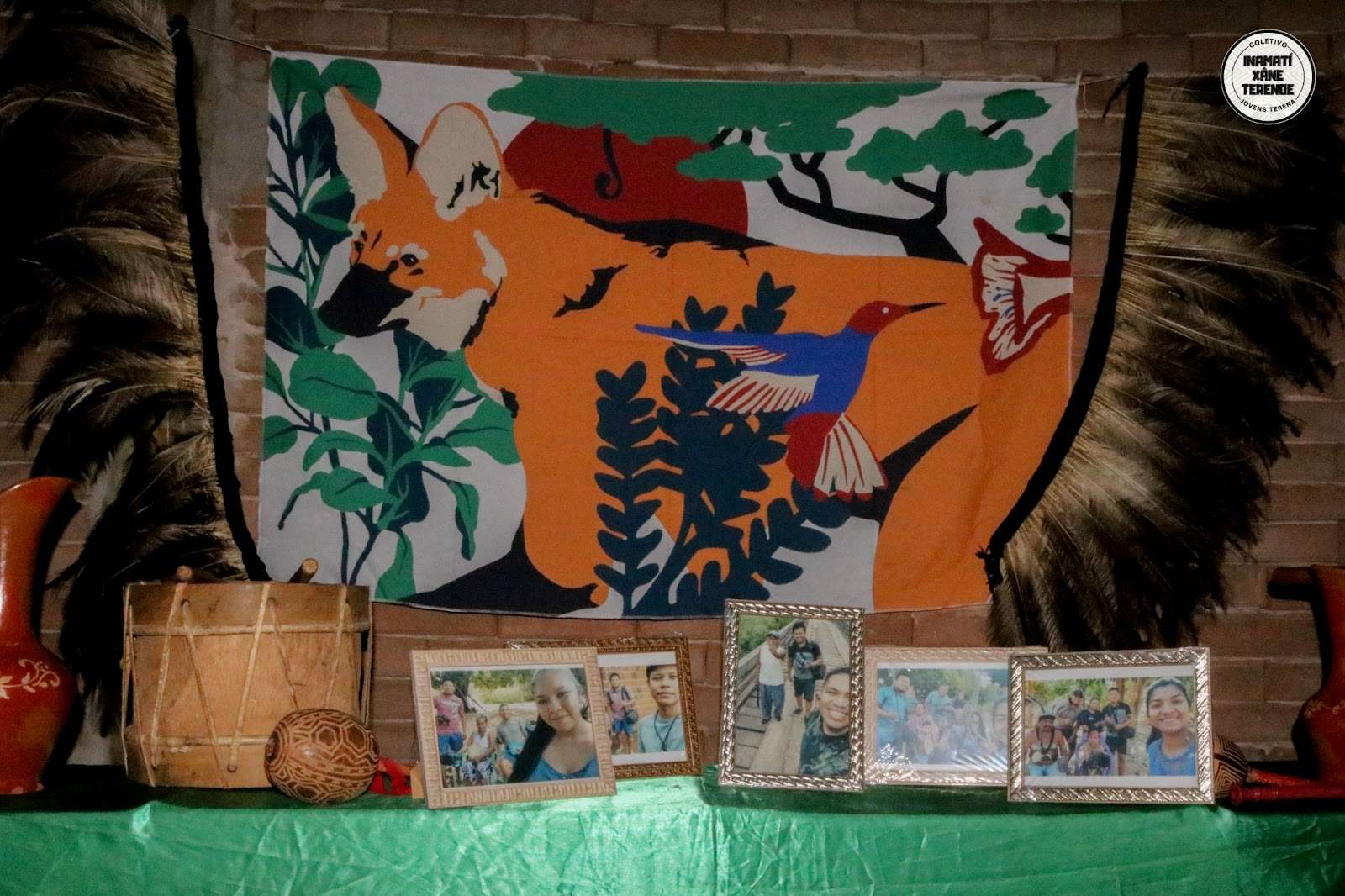
The Inamatí Xâne Terenoe Collective is a group of Terena youth from Brazil. The collective was created in March 2022 to strengthen traditional Terena practices through communication that promotes Terena cultural pride. They are guided by Elders, artisans, herbalists, midwives, and many more knowledge keepers from their community. The Fellowship project, “Kaxunaka ra vemo'u Terenoe” (Strengthening our Terena Language), focuses on the protection of the Traditional Knowledge and ancient wisdom of the Terena Peoples through audiovisual documentation.
The main purpose of the project was to strengthen and revitalize their mother tongue "VEMOÚ" (Terena language) using audio-visual resources such as photographs, videos, and audio to record the ancestral knowledge of their Elders. “With this, we are valuing our traditional knowledge and learning from our Elders about our traditions such as handicrafts, traditional dance, home remedies home remedies, typical foods, and about our lands,” the Fellows state. The interviews conducted with the Elders were done in their native language with Portuguese subtitles.
The work of editing the videos was a challenge for the Fellows because it was their first time learning about video production. The project provided an opportunity to learn and enhance their skills through collaboration with local schools for technical equipment and technology. The completed video documentary was presented to the community where the Elders were interviewed. Terena Elder, Elida Marques, 72, shared, "Yakoyenenoe yomí enepora vemo'ú koêkuti vikokú. (Keep carrying our vemo'ú (mother tongue) with you, wherever you go).”
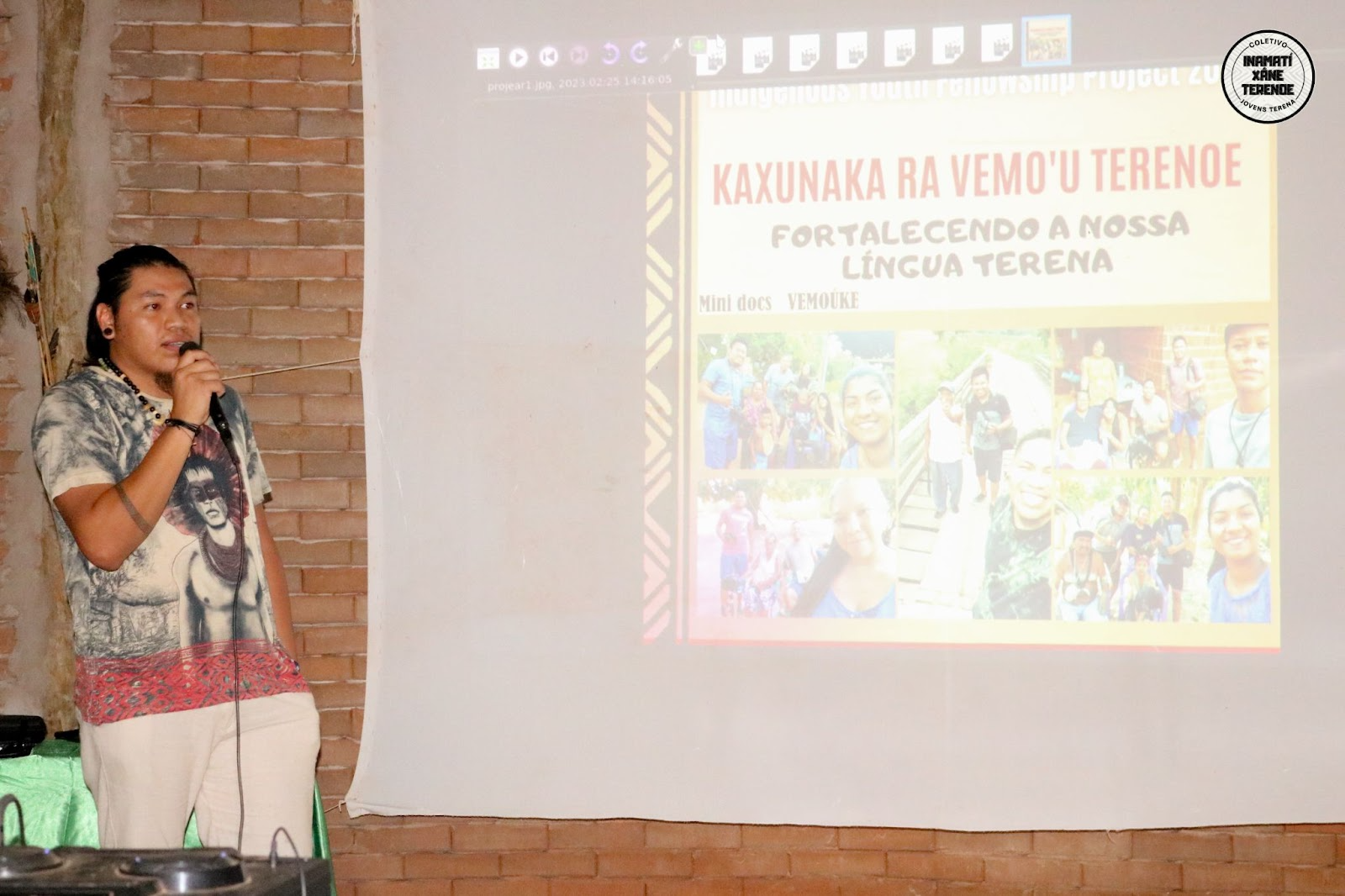
The Inamatí Xâne Terenoe Collective shared a reflection about their experience with the Fellowship project:
“The main lesson we learned as a Collective was during the interviews with our Elders. It strengthened us, bringing the message that it is possible to work collectivity in this world that is increasingly making people very individualistic, thinking only of themselves. Individualistic. From these messages, we saw that we are on the right path. The footsteps of our ancestors have always carried with them our knowledge and traditional wisdom.”
View their video documentary here: https://vimeo.com/830246155?share=copy
